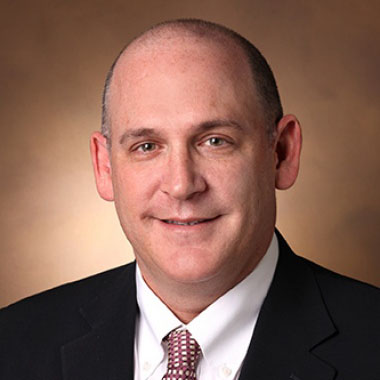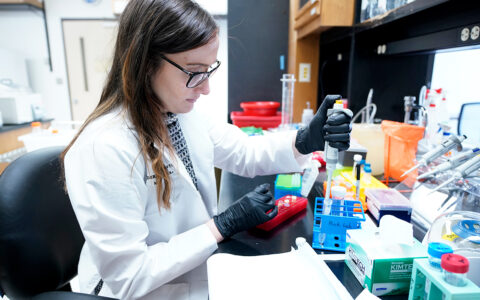Financial toxicity – defined informally as “paying more for health care than you can afford” – can dramatically affect quality of life (QoL) outcomes, including physical, psychological/emotional and social experience. Twenty-five to 50 percent of patients report significant worry about out-of-pocket expenses, missed work, reduced or lost income, and medical debt or bankruptcy.
In his keynote address at the American Society of Clinical Oncology’s 2020 Genitourinary Cancers Symposium in San Francisco, and in an interview following the conference, David Penson, M.D., chair of the Department of Urology at Vanderbilt University Medical Center, addressed financial toxicity and its effect on overall patient QoL and success of medical treatment, specifically in genitourinary cancer patients.
“Physically, stress [from financial toxicity] causes biologic effects, raising cortisol levels. Cancer control can be impaired, comorbidities can be worsened,” Penson said. “As health care providers, we need to find strategies for addressing this.”
Penson believes that physicians should include comparative prostate cancer treatment costs in the decision-making process. He notes that there are data connecting financial toxicity to QoL, specifically urinary/bowel/sexual function in prostate cancer patients.
“As health care providers, we need to find strategies for addressing this.”
Acknowledging Financial Toxicity
Penson emphasizes how crucial it is for physicians to acknowledge financial toxicity, discussing it with their patients as part of decision-sharing, and taking it into account when ordering tests and writing prescriptions. His central theme, in a nod to Ian Tannock, M.D., of the Princess Margaret Hospital in Toronto, Canada, is that the goal of care should be to help patients live longer and better.
In terms of cost, Penson says, the numbers can be staggering, including pharmaceuticals, lab tests, doctor visits, imaging, and travel to and from the doctor’s office (as well as indirect costs like time off work). Typically, direct costs can average 11 percent or more of median household income.
The resulting coping mechanisms can affect a patient’s approach to clinical care – putting off doctor visits or lab tests, taking smaller doses of medication or skipping it altogether. Patients may sacrifice other parts of life by working more, reducing spending for food, clothing and leisure, spending less time with family, and draining savings to pay bills. All these factors, Penson says, play into a correlation between bankruptcy and mortality in patients.
Issues in Kidney and Prostate Cancer Care
Penson notes that for kidney and prostate cancer, financial toxicity primarily involves the cost of newer drugs that are effective but often breathtakingly expensive. “For example, [widely used oral agent] sunitinib can cost $13,000 per month. Even with good Medicare Part D coverage, patient costs can be $9,000 a year, one-seventh of the average household’s income just for one drug, not including doctor visits and lab tests,” Penson said.
“This patient-centered focus can profoundly affect the quality of life and daily existence. It is an essential component of successful clinical care.”
Daniel Barocas, M.D., associate professor of urology and medicine, was the principal investigator on a study of 2,121 men with clinically localized prostate cancer, conducted with first author Ben Stone, M.D. They compared the financial toxicity of three options: active surveillance, external beam radiation therapy (EBRT), or radical prostatectomy.
The team found that patients choosing surgery initially reported higher financial burdens. However, over time, and after adjustment for other factors, the men who had EBRT were up to twice as likely to report significant financial burdens compared to men who had surgery or active surveillance.
Discussing Financial Toxicity with Patients
Providers are often hesitant to discuss financial matters with patients, Penson acknowledges, but incorporating shared decision-making with the patient, discussing cost versus benefit, and having these conversations early can make a real difference. “This patient-centered focus can profoundly affect the quality of life and daily existence. It is an essential component of successful clinical care,” Penson said.
Because of constraints on a physician’s time and expertise on the costs, he recommends they identify someone in the office or institution who understands financial options thoroughly and make use of their expertise. Ballparking the costs can also be immensely helpful to patients. Patient co-pay assistance programs can be an essential lifeline. But most important, he cautions, “think long and hard about the tests you’re ordering and the drugs you’re ordering.”






